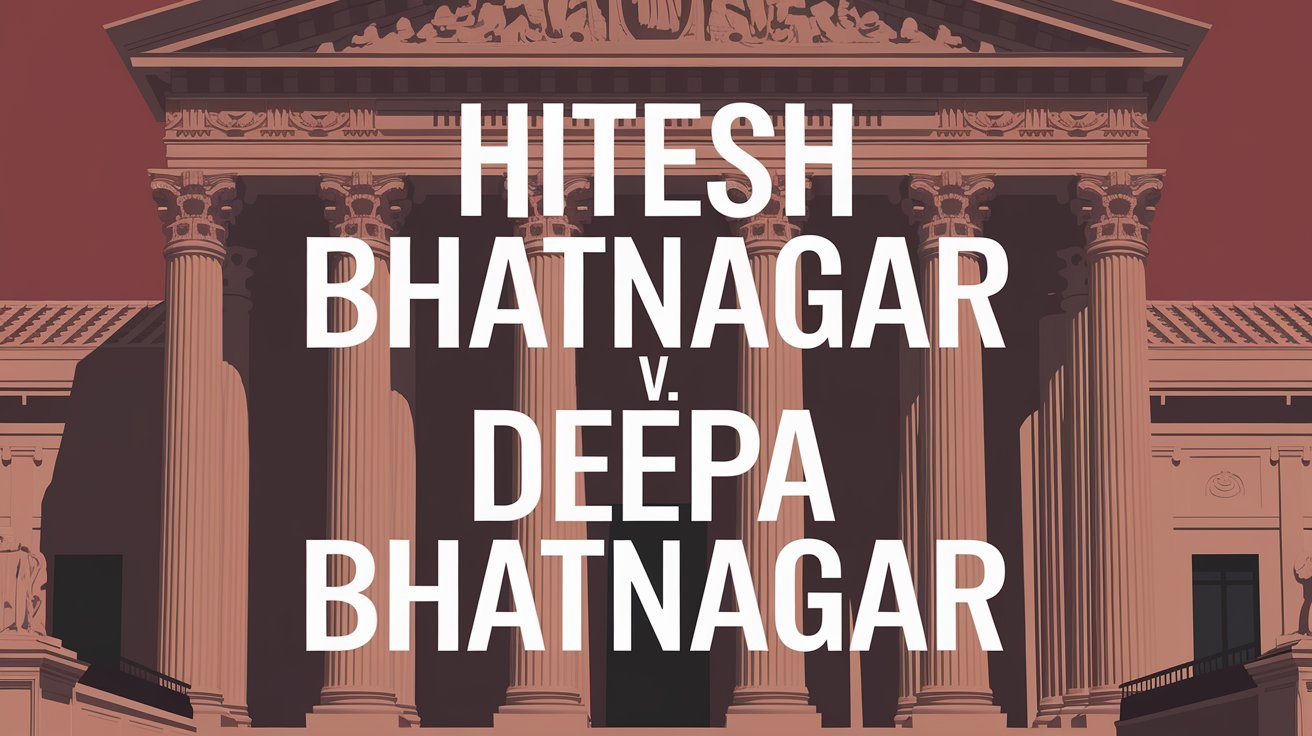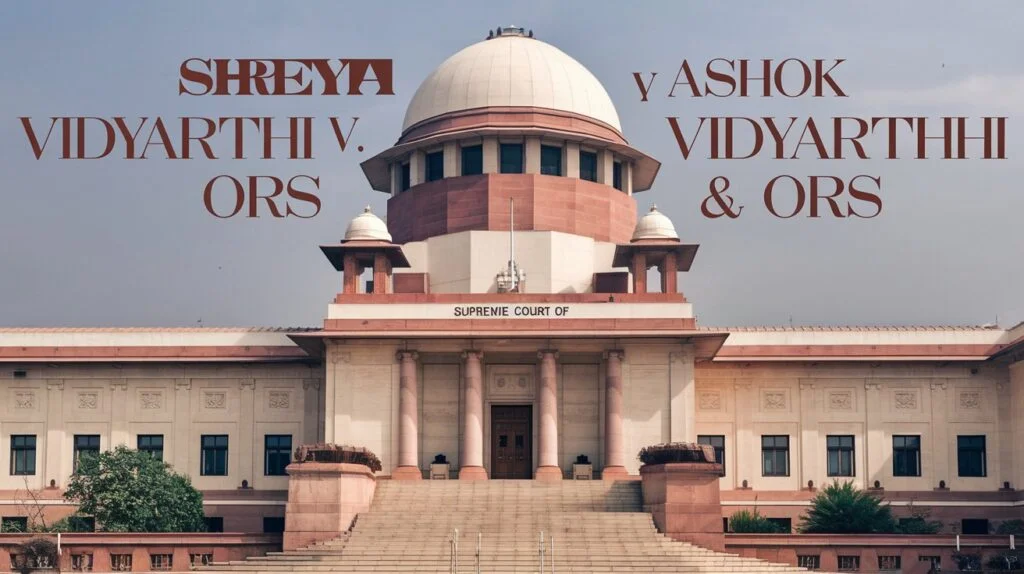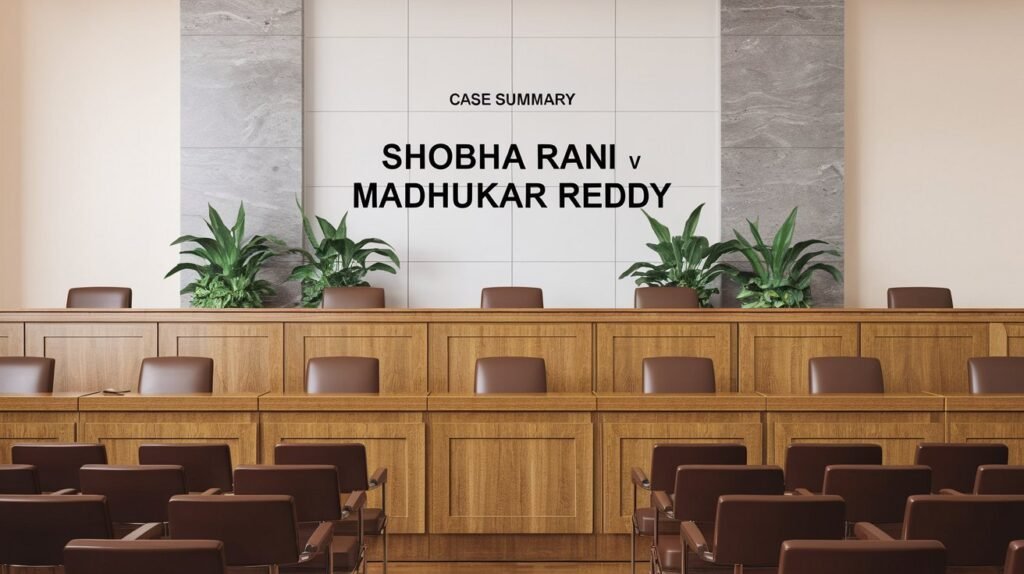Hitesh Bhatnagar v Deepa Bhatnagar AIR2011 SC637 (Case Summary)

In the case of Hitesh Bhatnagar v. Deepa Bhatnagar, the Supreme Court of India dealt with the issue of withdrawal of consent in divorce by mutual consent under Section 13B of the Hindu Marriage Act, 1955. This case revolved around whether one party could unilaterally withdraw consent after having initially agreed to the divorce and how courts should interpret the process of mutual consent in such cases.
Table of Contents
ToggleFacts of Hitesh Bhatnagar v Deepa Bhatnagar
- Hitesh Bhatnagar and Deepa Bhatnagar got married in 1994 and had a daughter a year later. Due to irreconcilable differences, they began living separately in 2000.
- In 2001, the parties jointly filed a petition under Section 13B of the Hindu Marriage Act for divorce by mutual consent in the District Court, Gurgaon.
- Before the second motion required for the final decree of divorce, Deepa Bhatnagar withdrew her consent in 2003, claiming that her initial consent was given under stress and duress. She expressed a willingness to continue the marriage for the sake of their daughter.
Issues framed
- Whether one party can withdraw consent in a petition for divorce by mutual consent under Section 13B of the Hindu Marriage Act after the first motion but before the second motion?
- Whether the Court can grant a decree of divorce by mutual consent if one party withdraws their consent?
Subordinate Court Judgment
The District Court dismissed the petition for divorce by mutual consent due to the withdrawal of consent by Deepa Bhatnagar, despite Hitesh insisting on continuing with the proceedings.
Hitesh appealed to the High Court of Punjab and Haryana, but the court upheld the decision of the District Court, ruling that the consent for divorce must be mutual and can be withdrawn at any time before the final decree.
Judgment of Hitesh Bhatnagar v. Deepa Bhatnagar
The case in the Supreme Court involved an interpretation of Section 13B of the Hindu Marriage Act, 1955, which provides for divorce by mutual consent.
The Supreme Court referred to its earlier judgment in Sureshta Devi v. Om Prakash, which clarified that mutual consent must continue until the decree of divorce is passed, and either party can withdraw consent at any point before the final decree. The Court reiterated that the consent given at the time of filing the petition is not binding until both parties confirm their consent during the second motion.
The Supreme Court dismissed the appeal and upheld the decisions of the lower courts. The Court held that the petition for divorce could not be granted as the mutual consent required under Section 13B was no longer present due to the withdrawal of consent by Deepa Bhatnagar. The Court further emphasized that the legal framework under Section 13B aims to ensure that both parties genuinely desire the divorce, and withdrawal of consent reflects a change in the party’s willingness to end the marriage.





